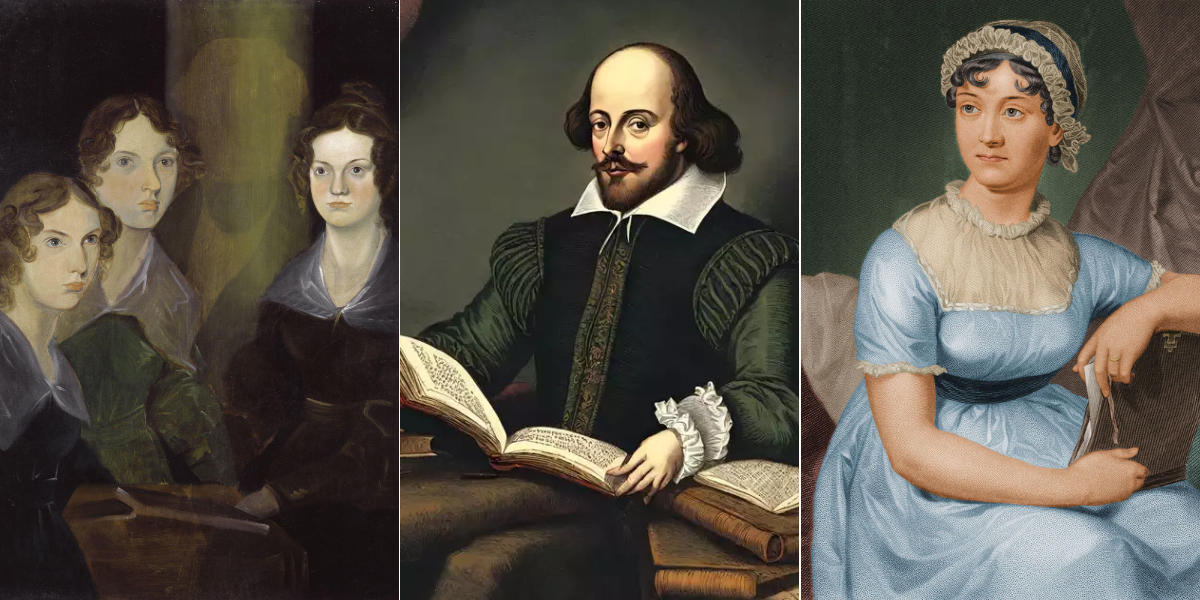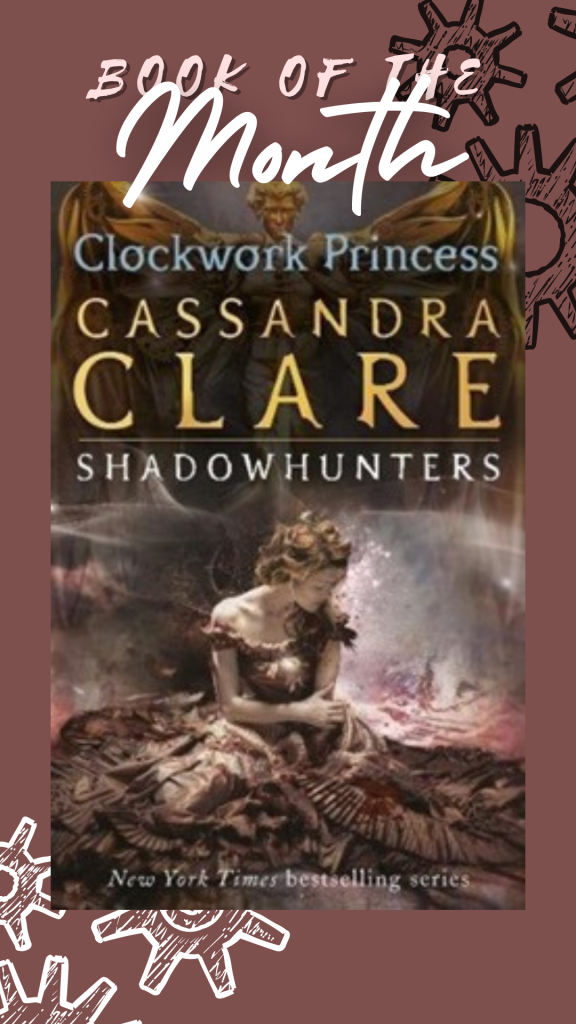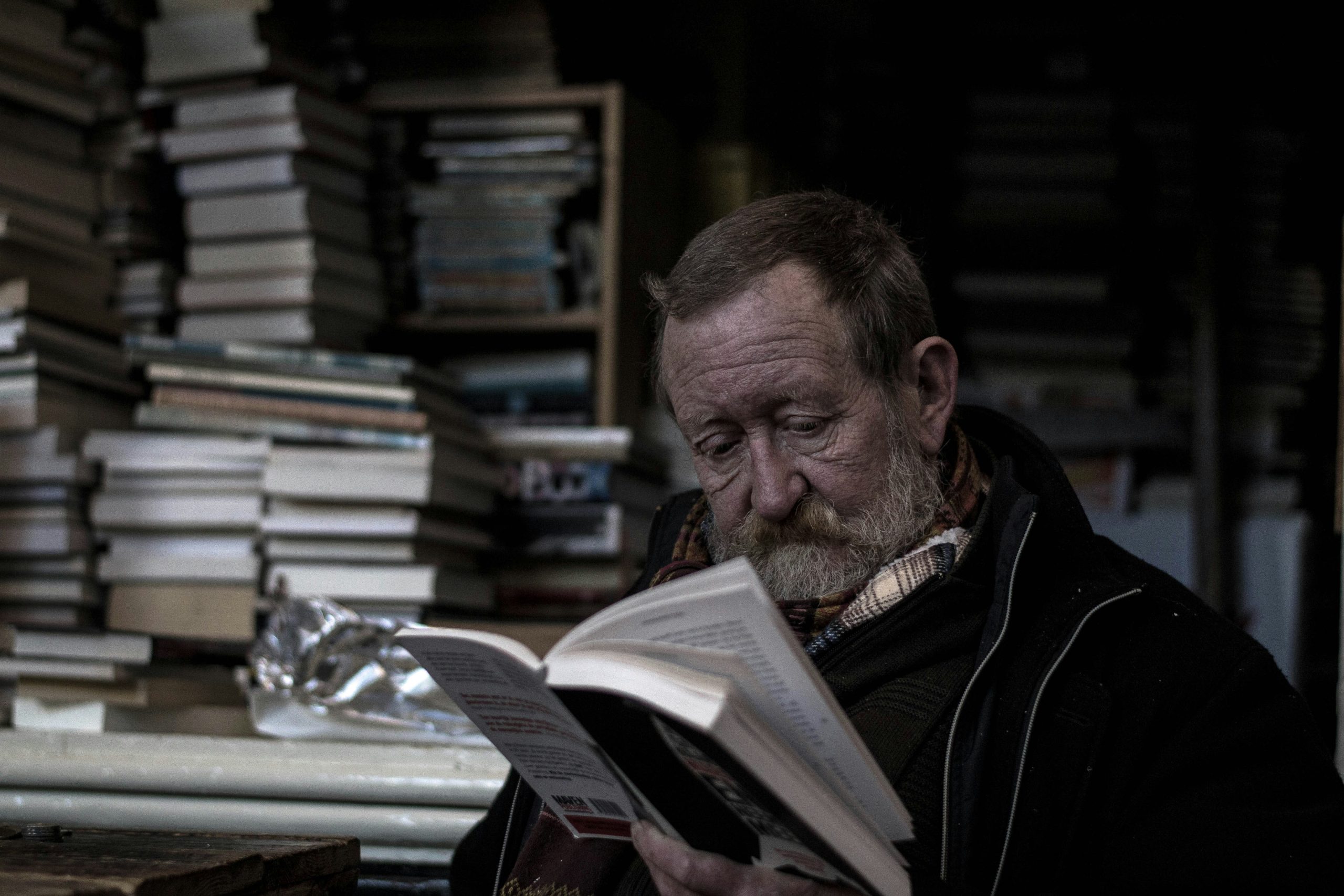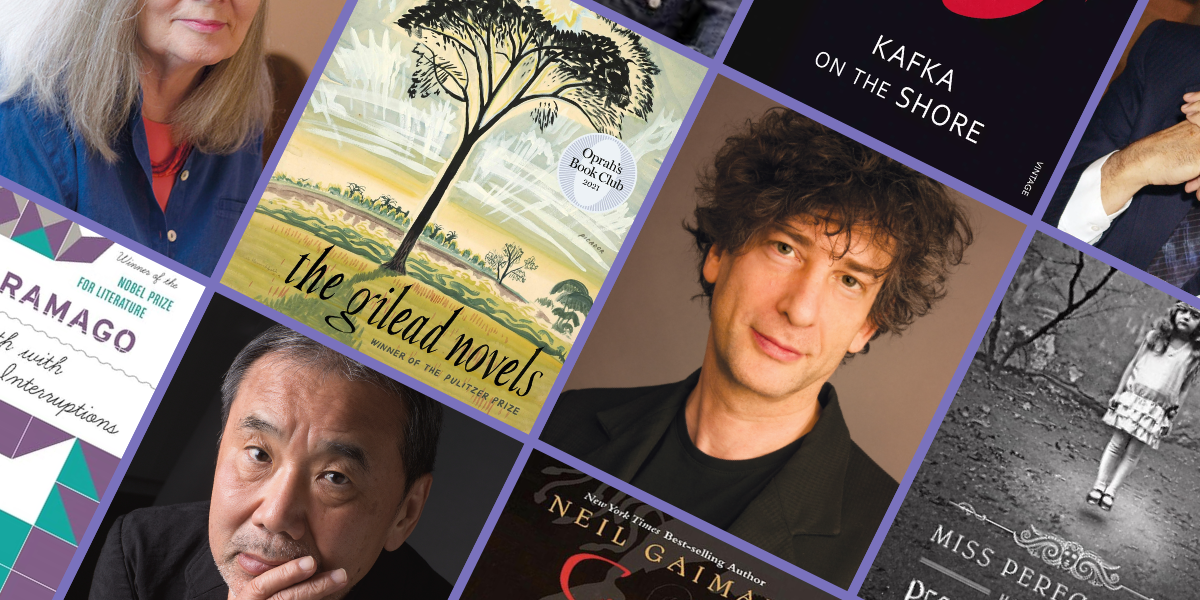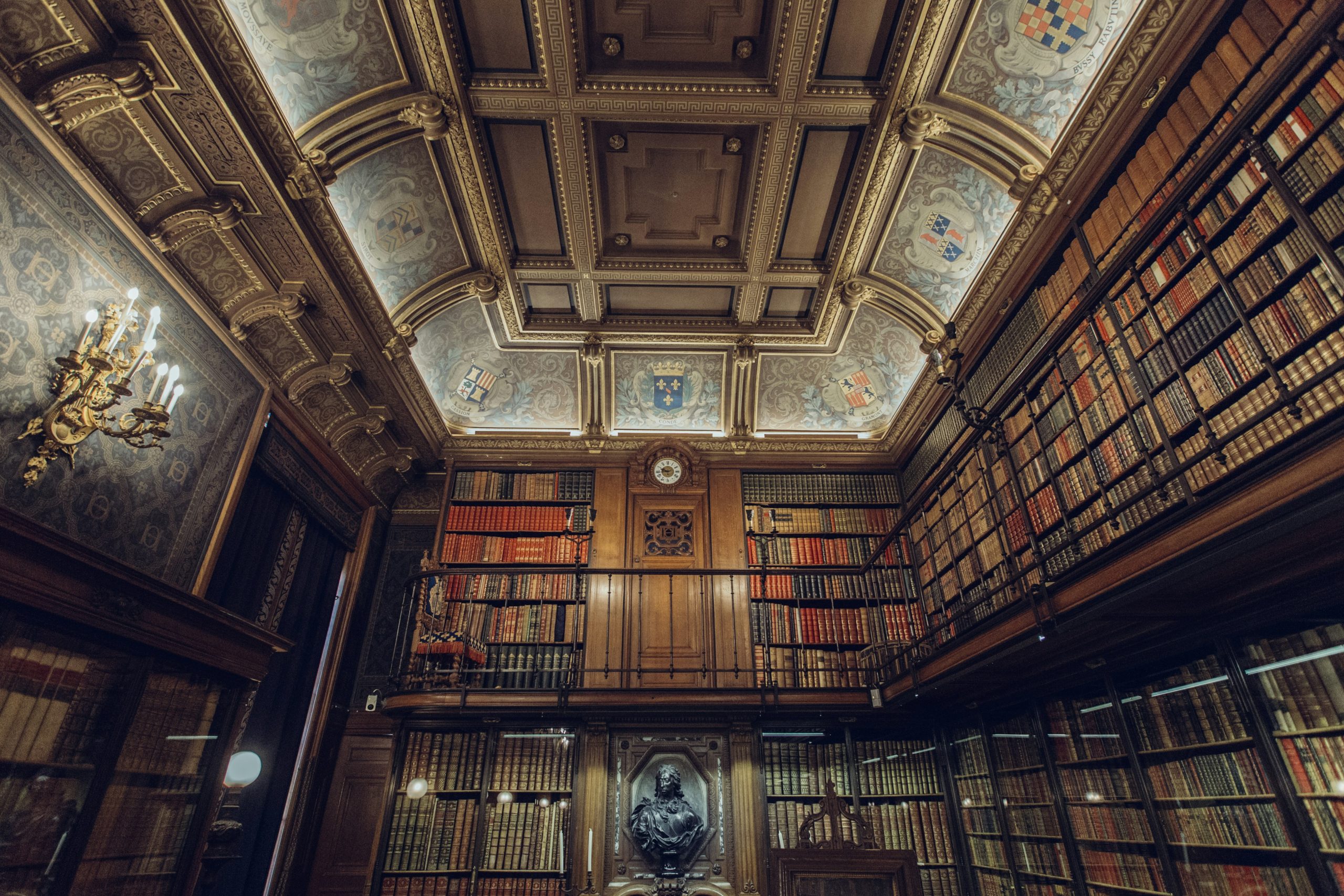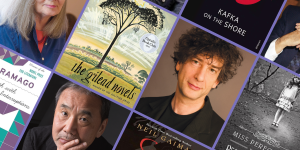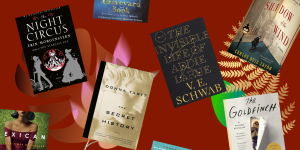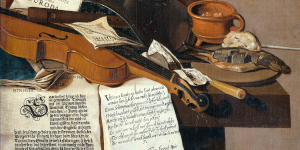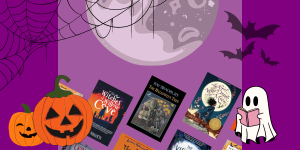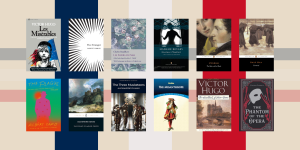Literature has changed significantly over the past century, with many authors influencing how we tell stories.
The 21st century has seen the emergence of voices that have reinvented the craft, reflecting the social, cultural, and technical changes of our day, just as modernism broke loose from conventional narrative patterns.
This article honors some of the most significant writers in modern literature—people whose ground-breaking creations have impacted future generations of writers and captured the spirit of current living.
So without further ado, let’s get into it.
What Is Modern Literature?
“modern literature” refers to fiction, poetry, drama, and essays published between the end of the 1800s and the present.
It is unique because it captures the rapidly changing contemporary landscape that has been molded by industrialization, conflict, technology, and shifting social mores.
Modern literature encourages complexity, in contrast to earlier works that frequently adhered to rigid storytelling standards and concentrated on idealized people or events.
Through the use of broken plots, stream-of-consciousness techniques, and unreliable narrators, authors started experimenting with new forms of writing. This change was a reaction to a seemingly unstable and uncertain world.
Modern literature frequently features themes like identity, loneliness, mental health, and everyday hardships as authors attempt to portray the true realities of common people.
In addition, it features a variety of voices from various backgrounds, ethnicities, and viewpoints, illustrating a more universal understanding of the human condition.
To put it briefly, the goal of contemporary literature is to make it interesting and relevant for readers of today by shattering preconceived notions and investigating fresh perspectives on the self and the world.
9 Authors With the Most Influence on Modern Literature
These writers have transformed the field of modern literature with their ground-breaking works.
William Shakespeare and the Mastery of Human Emotion

There is no way to talk about English literature without talking about Shakespeare.
William Shakespeare, who is frequently acclaimed as the best playwright in history, is praised for his unmatched capacity to convey the whole range of human emotion.
Shakespeare’s command of tragedy, comedy, and history is best recognized for his famous works like Hamlet, Romeo and Juliet, and Macbeth. Shakespeare’s influence on literature and drama has been enormous.
Shakespeare’s creativity is found in his examination of universal themes, such as love, ambition, betrayal, jealousy, and power, all of which he wraps in beautiful language that speaks to people of all ages and backgrounds.
His writings are eternal due to his deep understanding of human psychology and his vivid characterizations; characters like Hamlet and Lady Macbeth continue to stand as iconic representations of ambition and internal strife.
In addition to providing audiences with entertainment, his plays from the late 16th and early 17th centuries contributed hundreds of words and phrases that are still in use today to the English language.
Shakespeare is a pillar of English and international literature due to his enormous literary influence.
Virginia Woolf and the Stream of Consciousness

Virginia Woolf, a key player in the modernist literary movement, is well known for her inventive storytelling strategies and thoughtful examination of the human psyche.
Woolf, who is most known for Mrs. Dalloway, To the Lighthouse, and Orlando, strayed from conventional storytelling by delving into her characters’ innermost feelings and perceptions through the use of a stream of consciousness.
Her writings are praised for their ability to convey the ephemeral, fractured quality of consciousness and for giving readers an understanding of the intricacies of identity, memory, and time.
With themes of mental health, gender roles, and societal expectations resonating across her works, Woolf’s writing frequently mirrors the social and psychological challenges of women.
In addition to her writing accomplishments, Woolf was a well-known essayist and critic who influenced contemporary feminist philosophy.
Her drastic break from traditional narrative conventions created a lasting impact, influencing many other writers and making her a revolutionary figure in 20th-century literature.
Jane Austen and the Satire of Social Class

With her wit and irony, Jane Austen challenges the societal norms of her day, demonstrating her keen observation of human connections and social class.
Famous for books like Sense and Sensibility, Emma, and Pride and Prejudice, Jane Austen skilfully negotiated the complexities of 19th-century English society, paying particular attention to the responsibilities and expectations of women.
Her stories frequently focus on morality, marriage, and wealth while examining how social standing affects people’s relationships and personal decisions.
Austen offers insightful comments on the search for love and happiness while exposing the follies of societal customs and the constraints they impose through her endearing characters.
In addition to providing readers with entertainment, Austen’s deft use of sarcasm provokes thought about the attitudes and preconceptions of her day.
Her complex depiction of individuals and relationships resonates in modern literature, cementing her status as one of the most beloved authors of English literature, and her influence goes well beyond the borders of her time.
READ MORE: Top 10 Best Authors to Read
Franz Kafka and the Realm of Existential Dread

Many people consider Franz Kafka to be a master of existential writing, examining themes of absurdity, alienation, and the state of the human race in a world that is changing quickly.
Kafka is most known for his writings The Metamorphosis and The Trial, which explore the psychology of people imprisoned in harsh and unfathomable systems.
His heroes frequently deal with bizarre and terrifying circumstances, which reflect the worries and anxieties of modern life.
For instance, Gregor Samsa‘s metamorphosis into a gigantic insect in The Metamorphosis is a potent metaphor for loneliness and existential sorrow.
Kafka’s portrayal of the conflict between the individual and society strikes a deep chord with readers, encouraging them to face their doubts and anxieties.
Many writers and intellectuals have been influenced by Kafka’s distinct narrative style, which is distinguished by a fusion of reality and the surreal.
His examination of existential dread has cemented his place as a key character in 20th-century literature by igniting conversations about identity, meaning, and the human experience.
Mary Shelley and the Birth of Science Fiction

Mary Shelley is frequently referenced when people think of horror or anything involving cutting-edge technology.
Mary Shelley is often regarded as the mother of science fiction, largely due to her revolutionary book Frankenstein, which delves into the intricacies of morality, creation, and the human experience.
Published in 1818, Shelley explores the moral ramifications of scientific experimentation and the pursuit of knowledge in her work that combines Gothic horror with speculative elements.
Shelley’s Frankenstein narrates the tale of Victor Frankenstein, a scientist driven by an obsession to bring life to inanimate objects, only to face the terrible results of his reckless pursuit.
The nature of mankind, the boundaries of scientific research, and the obligations that accompany creation are all profoundly questioned by this story.
Future authors were encouraged to tackle related subjects by Shelley’s visionary vision and perceptive critique of enlightenment values, which established the foundation for the science fiction genre.
Her study of the relationship between creator and creation has a lasting impact on arguments about technology, ethics, and the possible risks of unbridled scientific advancement, even in today’s world. Her effect goes beyond literature.
The Brontë Sisters and the Exploration of the Psyche

Charlotte, Emily, and Anne Brontë are well-known for their in-depth examination of the human psyche, which includes themes of love, passion, and the challenges of personal identity.
Every sister contributed a distinct voice to the 19th-century literary scene, producing masterpieces that still enthrall readers to this day.
Jane Eyre by Charlotte Brontë provides a close-up view of a woman’s struggle for independence and dignity in a patriarchal world. Charlotte challenges the norms of her day by delving into difficult moral decisions and deep emotions through the figure of Jane.
Wuthering Heights, the sole book written by Emily Brontë, is praised for its honest and turbulent portrayal of love and retribution. The darker sides of desire and obsession are revealed by the rich emotional landscape and psychological complexity of characters such as Heathcliff and Catherine.
The Tenant of Wildfell Hall by Anne Brontë tackles social inequality and gender concerns while offering a potent critique of the cultural conventions that limit women. Her perceptive investigation of mental health and individual autonomy contributes yet another level to the sisters’ overall influence.
The Brontë sisters, when they united to push literary boundaries and give voice to inner agony, transformed literature and became iconic figures in the study of the human condition.
READ MORE: 10 Best Romance Novels of All Time
James Joyce and the Revolution of Narrative Form

A major figure in modernist literature, James Joyce is well-known for his groundbreaking manipulation of narrative structure and style.
His ground-breaking book Ulysses, which redefined the possibilities of storytelling with its inventive tactics and complex structure, is frequently praised as one of the finest novels of the 20th century.
Joyce wrote in a stream-of-consciousness style that let readers experience the characters’ innermost feelings and perceptions as they happened. This approach involved readers in the intricacies of the human mind while simultaneously challenging conventional linear narrative structures.
The framework of the book is similar to that of the Odyssey; it presents a typical Dublin day while delving deeply into existential and identity-related issues.
Joyce’s previous work, A Portrait of the Artist as a Young Man, which traces the protagonist’s artistic rebirth, demonstrates his mastery of language and psychological depth in addition to Ulysses.
Numerous authors have been impacted by his investigation into the connection between language and reality, and his work is still relevant in modern literature.
Joyce made a lasting impact on literature by daringly experimenting with form and story, encouraging the following generations to push the frontier of artistic expression.
George Orwell and the Critique of Totalitarianism

George Orwell is renowned for his sharp criticisms of social injustice and authoritarianism. His two most well-known books, 1984 and Animal Farm serve as potent cautionary tales against repressive governments.
Orwell examines the perils of unbridled power and the distortion of reality via his evocative narrative and astute political analysis.
Orwell illustrates the emergence of tyranny in the setting of the Russian Revolution through allegory in Animal Farm. He draws attention to the abandonment of revolutionary aspirations and the cyclical nature of oppression by portraying farm animals that defeat their human farmer only to succumb to the tyranny of their kind.
In the terrifying dystopian future depicted in 1984, the state manipulates language and uses propaganda, and surveillance to keep control over every area of existence. The idea of “Big Brother” as proposed by George Orwell and Newspeak’s thought-control system serves as sobering reminders of the transience of personal freedom and thought.
Orwell’s examination of subjects like identity, censorship, and the pursuit of truth is still important today, impacting both literary and political conversation.
His status as one of the most significant writers of the 20th century has been cemented by his ability to combine gripping stories with insightful societal observations.
Doris Lessing and the Feminist Novel

Doris Lessing is a groundbreaking writer whose writings have profoundly influenced feminist writing, especially in her examination of gender, identity, and social expectations.
Lessing explores the intricacies of women’s lives, tackling the battles for autonomy and self-definition in a patriarchal culture. She is best known for her work The Golden Notebook.
Lessing employs a disjointed narrative framework in The Golden Notebook to mirror the disorderly inner world of her lead character, Anna Wulf, as she faces both personal and political obstacles.
Her work is a touchstone for feminist thought because of her inventive methodology, which enables her to explore the intersections between personal experience and more general social challenges.
Lessing explores topics such as parenthood, mental health, and the influence of historical and cultural factors on women’s identities in her works, which frequently question conventional gender norms.
Her skill in fusing political awareness with personal stories has motivated countless authors and campaigners.
Doris Lessing has made a lasting impact on literature with her profound insights and unwavering honesty. She has also established herself as a key figure in the feminist movement and beyond.
READ MORE: How To Make Time For Writing: 7 Amazing Tips for Busy Authors

